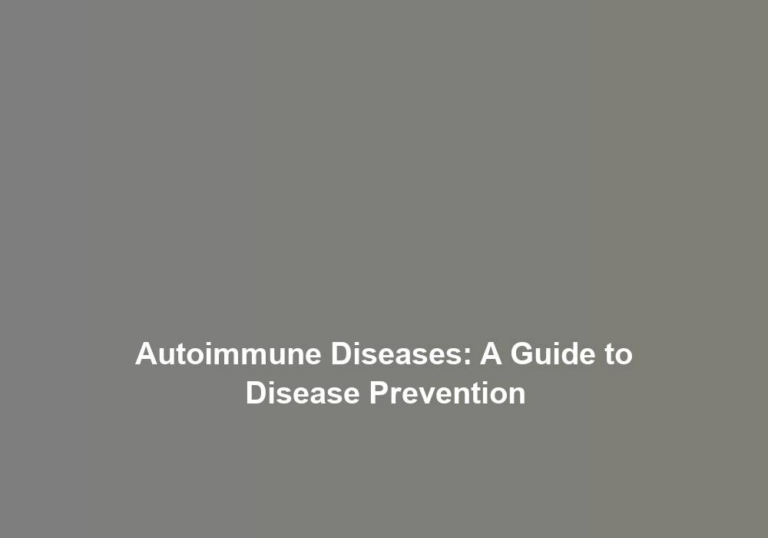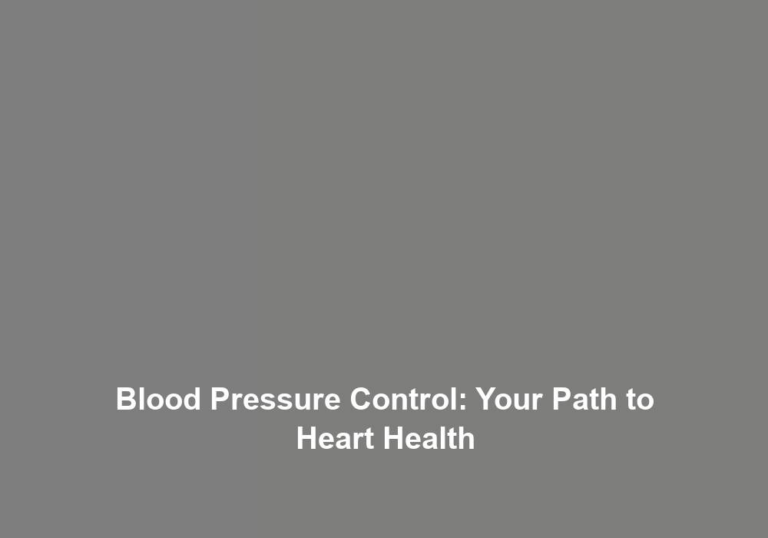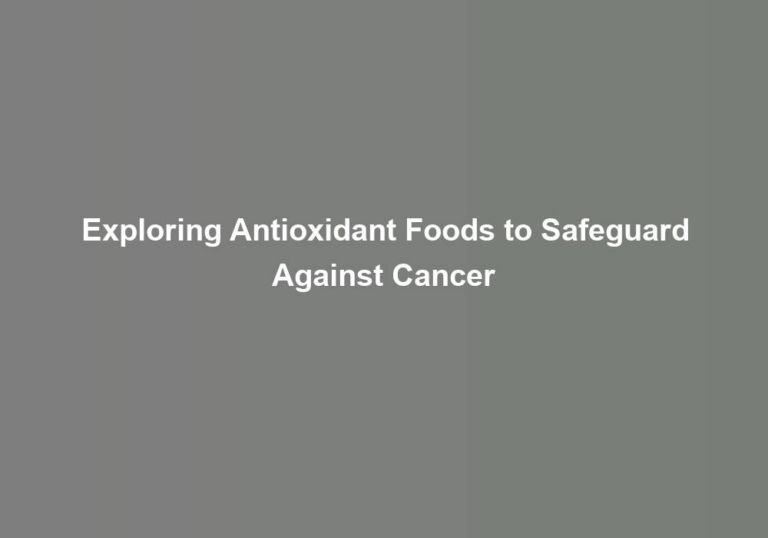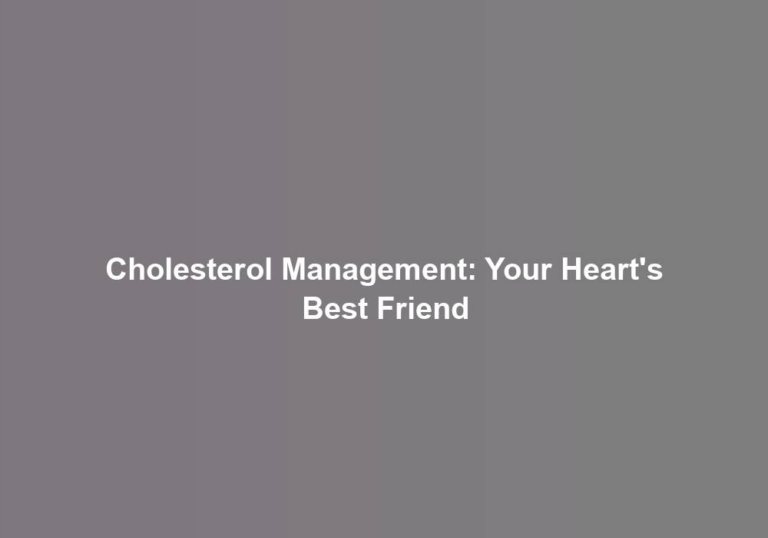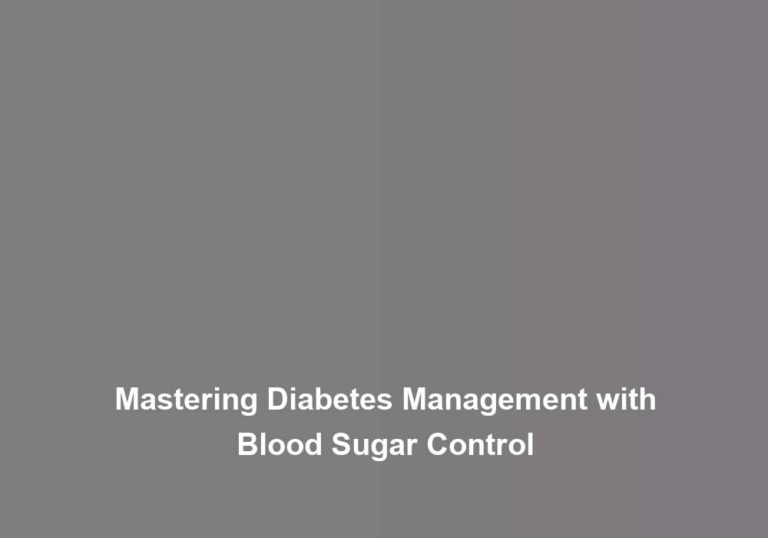Cancer Prevention: Your Path to Disease Prevention
Did you know that approximately 42% of cancer cases and 45% of cancer deaths in the United States are linked to modifiable risk factors such as poor diet, lack of physical activity, and tobacco use? Understanding how to prevent cancer is crucial in reducing your risk of developing this disease. By making informed lifestyle choices and taking proactive measures, you can significantly lower your chances of being diagnosed with cancer. So, what steps can you take to protect yourself and your loved ones from this prevalent and life-threatening illness?
Understanding Cancer Risk Factors
Understanding the key risk factors for cancer can empower you to make informed choices that can reduce your chances of developing this disease. Genetic predisposition and environmental exposure are two significant factors that can influence your likelihood of developing cancer. Genetic predisposition refers to the inherited genetic mutations that can increase your susceptibility to certain types of cancer. While you cannot change your genetic makeup, being aware of your family history and discussing it with your healthcare provider can help in understanding your risk and taking appropriate preventive measures.
Environmental exposure, on the other hand, encompasses various factors such as exposure to carcinogens like tobacco smoke, asbestos, ultraviolet radiation, and certain chemicals. Being mindful of your surroundings and making conscious choices to limit exposure to known carcinogens can significantly lower your risk of developing cancer. For instance, avoiding tobacco products and excessive sun exposure, as well as taking necessary precautions in occupational settings where exposure to harmful substances is common, can play a crucial role in cancer prevention.
Importance of Healthy Diet
Considering the impact of environmental exposure and genetic predisposition on cancer risk, maintaining a healthy diet is an essential factor in reducing your chances of developing the disease. Nutrient-rich foods are the building blocks of a healthy diet and play a crucial role in cancer prevention. Consuming a variety of fruits, vegetables, whole grains, lean proteins, and healthy fats provides your body with the necessary vitamins, minerals, and antioxidants that can help protect against cancer.
Incorporating balanced meals into your daily routine is key to supporting your overall health and well-being. A balanced diet not only helps in maintaining a healthy weight, which is linked to a lower risk of many types of cancer, but also ensures that your body receives the nutrients it needs to function optimally. For example, cruciferous vegetables like broccoli, kale, and cauliflower are rich in sulforaphane, a compound that has been shown to have anti-cancer effects. Similarly, berries are packed with antioxidants that can help combat oxidative stress and inflammation, both of which are linked to cancer development.
Regular Physical Activity
To reduce your risk of developing cancer, incorporating regular physical activity into your daily routine is essential. Engaging in a fitness routine has numerous benefits that extend beyond just physical health. Research has consistently shown that regular exercise reduces the risk of several types of cancer, including breast, colon, and endometrial cancers. Physical activity not only helps in maintaining a healthy weight, which is a crucial factor in cancer prevention, but it also has direct effects on hormone levels and the immune system, all of which play a significant role in cancer development.
Incorporating moderate-intensity aerobic activities such as brisk walking, swimming, or cycling for at least 150 minutes per week can significantly lower cancer risk. Additionally, strength training exercises twice a week can further enhance the benefits. Exercise benefits are not only limited to cancer prevention but also in improving overall well-being. Physical activity has been linked to reducing stress, anxiety, and depression, thereby contributing to mental and emotional well-being.
Engaging in regular physical activity also provides a sense of community and belonging. Joining group fitness classes, sports teams, or even just taking a daily walk with a friend can foster a supportive environment, making the fitness routine more enjoyable and sustainable. Remember, the journey to cancer prevention through regular physical activity is not just about the destination but also about enjoying the process and the positive impact it has on your life.
Avoidance of Harmful Substances
When striving to prevent cancer, it is crucial to be mindful of the harmful substances you expose yourself to in your daily life. Environmental exposure to toxins and carcinogens can significantly increase the risk of developing cancer. These harmful substances are present in various forms around us, such as air pollution, tobacco smoke, pesticides, and certain chemicals used in household products. ItG??s essential to take proactive steps to minimize your exposure to these harmful substances in order to reduce your risk of cancer.
One of the most effective ways to avoid harmful substances is to be mindful of the products you use in your home and the environments you frequent. Opt for natural or organic products whenever possible to minimize exposure to harsh chemicals and toxins. Additionally, be cautious of secondhand smoke and try to avoid areas where smoking is prevalent. When it comes to household cleaning products, choose those that are labeled as environmentally friendly and non-toxic.
Furthermore, pay attention to your surroundings and advocate for clean air and water in your community. Support initiatives that aim to reduce pollution and protect the environment from harmful substances. By actively participating in efforts to improve the quality of the environment, you not only reduce your own exposure to carcinogens but also contribute to the well-being of those around you.
Being mindful of environmental exposure to toxins and carcinogens is a crucial component of cancer prevention. By making informed choices and advocating for a healthy environment, you are taking proactive steps to reduce your risk of cancer and promote overall well-being.
Early Detection and Screening
Early detection and screening are crucial components of cancer prevention, allowing for timely intervention and improved treatment outcomes. By prioritizing regular check-ups and screenings, you can significantly increase the chances of detecting cancer at an early stage when itG??s most treatable. Here are some key points to consider:
-
Benefits of Regular Check-ups: Regular check-ups with your healthcare provider can help identify any potential warning signs or risk factors for cancer. These visits provide an opportunity for open communication about any health concerns and ensure that you are up to date with recommended screenings based on your age, gender, and family history.
-
New Technologies for Early Diagnosis: Advances in medical technology have revolutionized cancer screening and early diagnosis. From non-invasive imaging techniques to innovative blood tests, these new tools enable healthcare professionals to detect cancer at its earliest, most treatable stages.
-
Empowerment through Knowledge: Understanding the importance of early detection empowers you to take control of your health. By staying informed about recommended screening guidelines and being proactive about scheduling regular check-ups, you are actively participating in your own cancer prevention journey.
-
Peace of Mind: Regular screenings can provide peace of mind, knowing that you are taking proactive steps to safeguard your health. Even if a screening does detect something of concern, early intervention can lead to more treatment options and better outcomes.
Conclusion
In conclusion, remember that an ounce of prevention is worth a pound of cure. By understanding your cancer risk factors, maintaining a healthy diet, staying active, avoiding harmful substances, and getting regular screenings, you can take proactive steps to prevent cancer. Your health is in your hands, and small changes in your lifestyle can make a big difference. Stay informed, stay proactive, and take charge of your health to reduce your risk of cancer.


